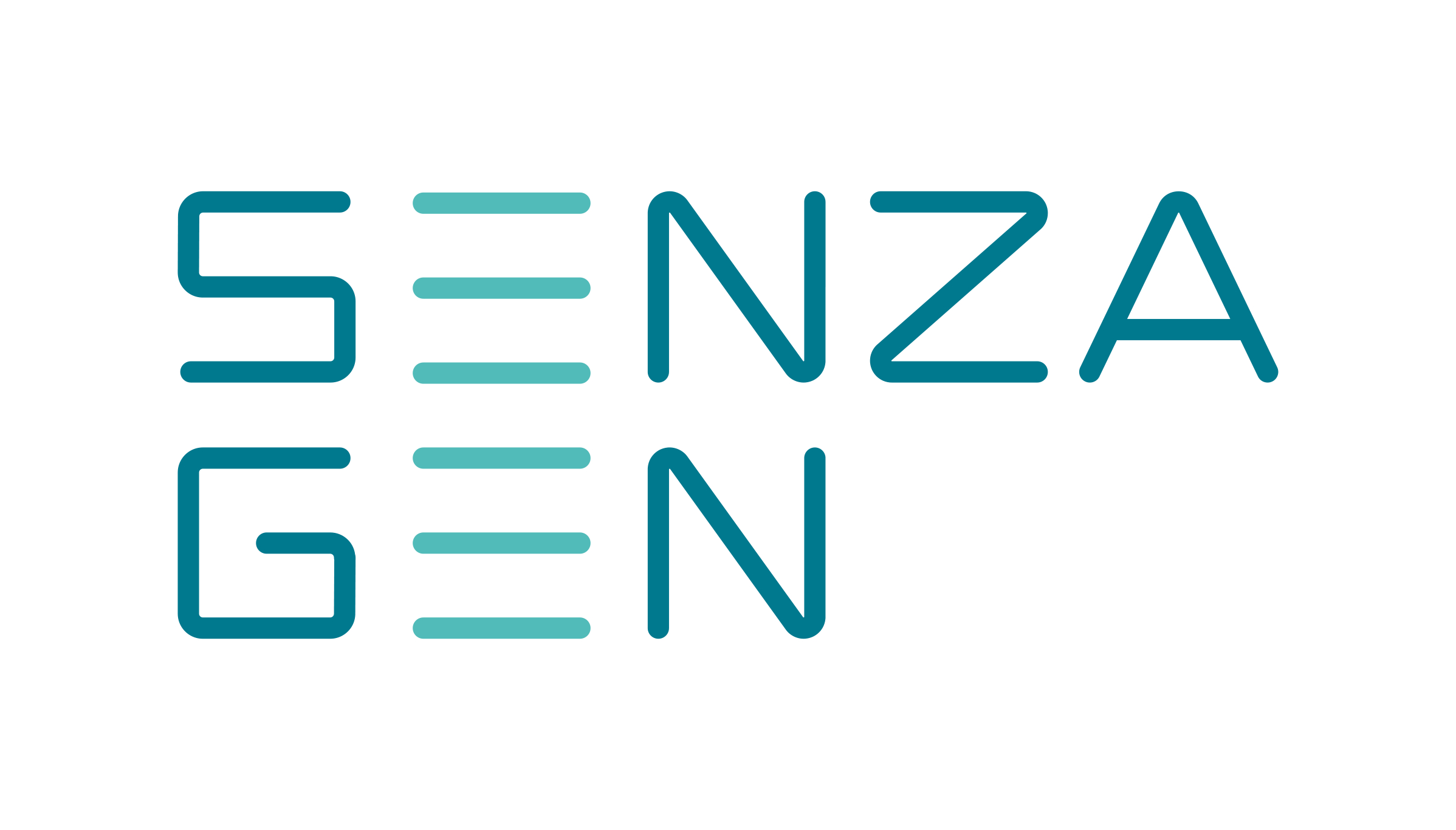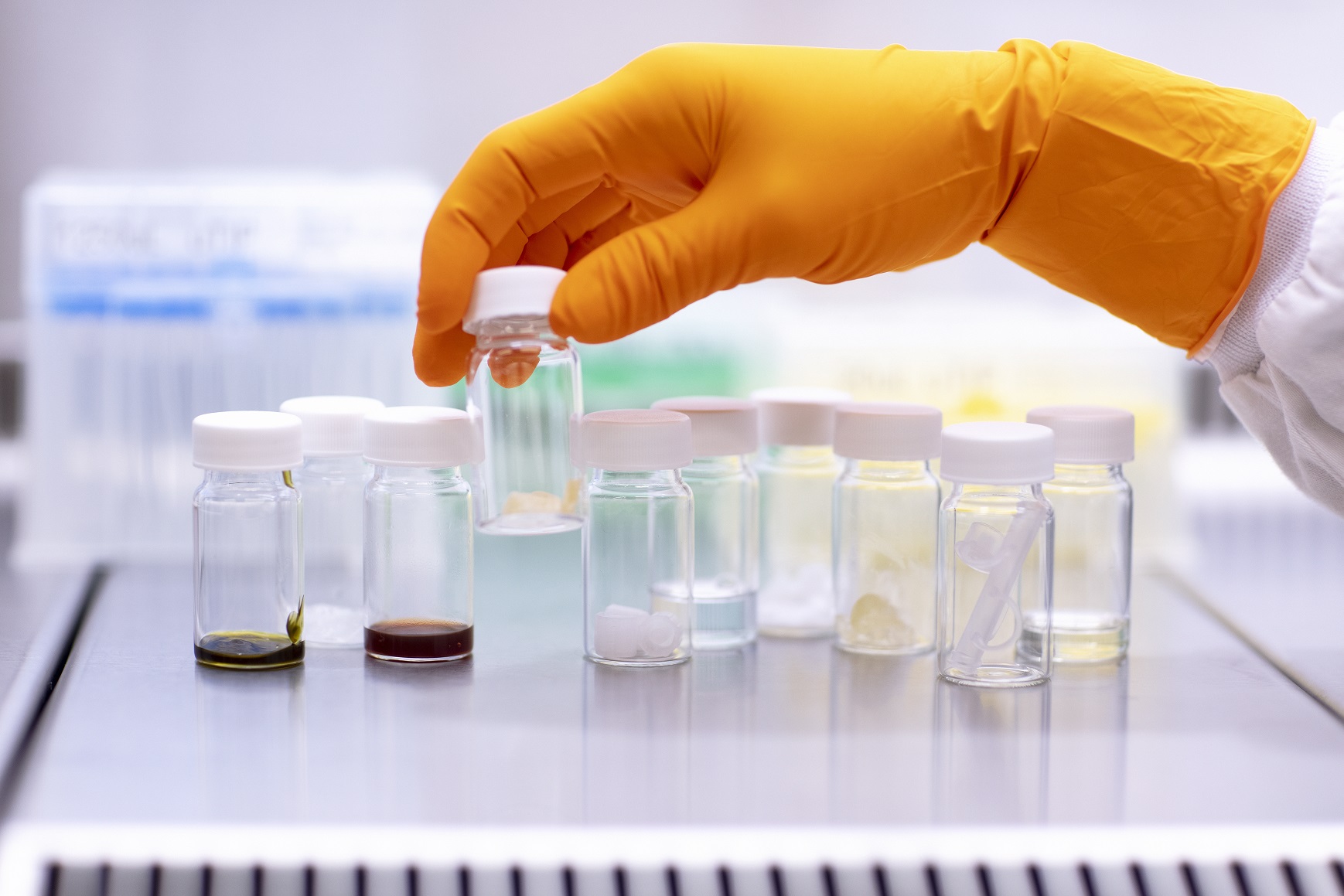In this webinar, the speakers will discuss the uses of in vitro assays as a part of the risk assessment and biological evaluation for the following endpoints: cytotoxicity, skin irritation and skin sensitization.
The presentation will introduce biological evaluation and biocompatibility testing of medical devices, with focus on in vitro assays for skin irritation and skin sensitization now implemented in the ISO 10993-23:2021 and ISO/FDIS 10993-10:2021. For assessment of skin sensitization, the GARD™-technology will be introduced and the speakers will discuss how it can be used as a part of a biological evaluation.
The webinar will conclude with customer cases where in vitro assays, including GARDskin Medical Device assay and GARDskin Dose-Response, have been successfully utilized for risk assessment as part of the biological evaluation and for risk-based decision-making in compliance with the principles of the 3Rs throughout the product life cycle.
A highly accurate and ethical alternative
An exciting evolution is ongoing in the medical device toxicology field, transitioning from a process that largely relied on the results of animal testing to one which is increasingly focused on the use of in vitro methods for the safety assessment of medical device materials. A big step towards replacing animal testing for medical devices was taken when in vitro skin irritation testing using Reconstructed human Epidermis (RhE) tissue was implemented in the ISO 10993-23 standard published earlier this year. Moreover, in vitro assays for skin sensitization have been included in the updated ISO 10993-10.
In vitro biocompatibility package
The in vitro biocompatibility package includes testing of the three endpoints that need to be evaluated for all medical device products: cytotoxicity, skin irritation and skin sensitization, offering a solution for customers looking for a highly accurate and ethical alternative for testing of materials and medical devices.
Cytotoxicity
The endpoint cytotoxicity can be tested in vitro using qualitative and quantitative test methods as described in ISO 10993-5:2009 and have a history of use both for regulatory purposes and as a screening tool early in the product development phase.
Skin irritation
The endpoint skin irritation using RhE-tissue according to ISO 10993-23:2021 provides human relevant results with higher accuracy and less false positive results compared to the rabbit model.
Skin sensitization with GARD™
The endpoint skin sensitization can be assessed in vitro using the GARDskin Medical Device assay, based on a state-of-the-art technology GARD; including human immunological cells, a specific genomic biomarker signature and a machine learning-assisted classification-model. The GARDskin Medical Device assay enables the medical device industry to perform in vitro skin sensitization testing of both saline and oil extracts from devices or materials as described in ISO 10993-12 and FDIS/ISO 10993-10:2021, thus mimicking the intended use of the device when in contact with skin.
Speakers

Rose-Marie Jenvert, PhD, Product Manager, SenzaGen AB
As a Product Manager at SenzaGen, Dr. Rose-Marie Jenvert is responsible for managing new GARD applications, being the link between the market and the internal organization. She also acts a medical device expert, contributing with her extensive knowledge from the medical device industry, previously working at Gambro/Baxter as study director for biocompatibility studies and currently as an expert in ISO/TC194 updating the standards for skin sensitization and skin irritation (ISO 10993-10 and -23). She also brings many years of experience working with R&D, method development and QA at AstraZeneca and Johnson & Johnson. Dr. Rose-Marie Jenvert holds a Master of Science in Molecular Biology from Lund University and a PhD in Cell Biology from Stockholm University.

Tim Lindberg, PhD, Key Account Manager, SenzaGen AB
As an experienced scientist in the in vitro assay development field, Dr. Tim Lindberg brings knowledge on both mechanistic and technical aspects. Coming from a commercial sales role in the biotech industry, after having obtained a Master of Science in molecular biotechnology and a Doctor of Philosophy in Immunotechnology from Lund University, he has a vast understanding of immunology and genomics and how they serve the needs of the industry. In addition, Dr Lindberg is a co-developer of the GARD platform and holds a patent related to the technology. He currently serves as a Key Account Manager at SenzaGen.
Who Should Attend?
- Safety Specialists
- BioSafety Specialist
- Material Developers
- Regulatory Affairs Experts
- Research Scientists
- Biocompatibility Experts
- Toxicologists
- Consultant Companies
- CROs
What You Will Learn
Attendees will gain insights into:
- How in vitro assays for cytotoxicity, skin irritation and skin sensitization can be used in the biological evaluation of materials and medical devices providing a customer centric solution in line with 3R.
- How GARDskin Medical Device works and why it is highly accurate for skin sensitization, supporting both polar and non-polar extraction vehicles in accordance with ISO 10993:12
- User cases of how GARDskin Medical Device has been used for testing of medical devices and materials throughout the product life cycle.
- SenzaGen as your preferred in vitro CRO.
Xtalks Partner
SenzaGen
SenzaGen is an innovative biotech company and in vitro CRO that provides research and GLP services for safety assessment of various toxicological endpoints across different industries. Our services help product developing companies to provide safer and more sustainable products to the market and better production environments for employees, while also reducing animal testing.
Our in-house developed GARD™ test method combines genomic data from human cells with machine learning for a unique capability to identify and analyze whether a chemical could cause allergic reactions on the skin or in the respiratory tract. The high informational content and a holistic view of the immunological responses contribute to high predictive accuracy and human relevance. Hundreds of samples, including difficult-to-test samples, have been tested with GARD™ and successfully reported.
The tests are performed at SenzaGen’s GLP-approved lab and by select partners in Europe and the US. SenzaGen has its headquarters in Lund, Sweden and a subsidiary in the US.
You Must Login To Register for this Free Webinar
Already have an account? LOGIN HERE. If you don’t have an account you need to create a free account.
Create Account



